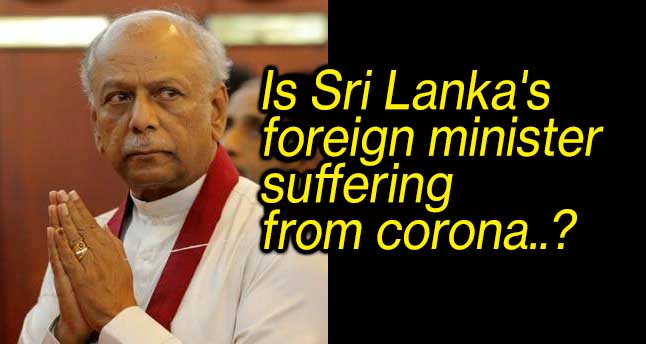“If you stock up on foods, you will make a loss.”-Bandula




Sri Lanka’s supermarket sales have shot up amid after a few new cases of Coronavirus were reported in the country, but officials have urged the public not to panic as there were enough food stocks in the country.
Information Minister Bandula Gunewardene said there was no need to stock up on food.
“Next Wednesday prices of some essential goods will come down,” Gunewardene said.
“If you stock up on foods, you will make a loss.”
It is not clear whether the government is planning to bring down taxes or slap price controls. Price controls can trigger shortages and black markets.
Sri Lanka’s ‘panic buying’ started on March 12, after authorities closed schools.
Keells Super, a top retail chain in the country saw three times the normal sales on March 12.
“There is no reason to panic at all, one or two specialized items might run out of stock but not food,” Charitha Subasinghe, President of Retail Sector at John Keells Holdings told EconomyNext.
“When it comes to food security there shouldn’t be a problem.”
He said sudden surges of buying may disrupt supplies as it may overwhelm the supply chain but that did not mean that food was not available.
“This is not a case for you to go on a rampage and only thing that will happen is further disruption to logistics because the operations gets in to a spin due to large volumes of purchase of the nature we have not catered before,” he explained.
“Therefore for a good two to three days we have to refilling the shelves which causes much more commotion than anything else.”
Social media posts have shown people buying up larger than usual items from shops and super markets around the country.
Sri Lanka is expecting a strong harvest of rice in the current Maha cultivation season.
Sri Lanka’s rice is also under price controls which means a black market could come up at any time.
Sri Lanka’s drugs are under price controls, which can also trigger shortages if importers cannot pay market prices to import from alternative and more expensive markets.
However Sri Lanka’s pharmaceutical industry association said there were ample stocks in the country.
Vegetable prices which shot up in January have also started to fall because the government did not impose price controls.
Sri Lanka’s Fertilizer Secretariat said demand increased as farmers cultivated more vegetables due to higher prices.
But Sri Lanka has slapped price controls of chicken, as maize prices, where imports are controlled to give artificial profits (rents) with state backing to collectors and farmers went up despite new harvests coming up.
Unlike in vegetables, which are perishable, the collectors can manipulate supplies as imports controlled.
However stock prices collapsed amid thin trading, as global markets fell.
 would enable you to enjoy an array of other services such as Member Rankings, User Groups, Own Posts & Profile, Exclusive Research, Live Chat Box etc..
would enable you to enjoy an array of other services such as Member Rankings, User Groups, Own Posts & Profile, Exclusive Research, Live Chat Box etc.. 

 Home
Home
























